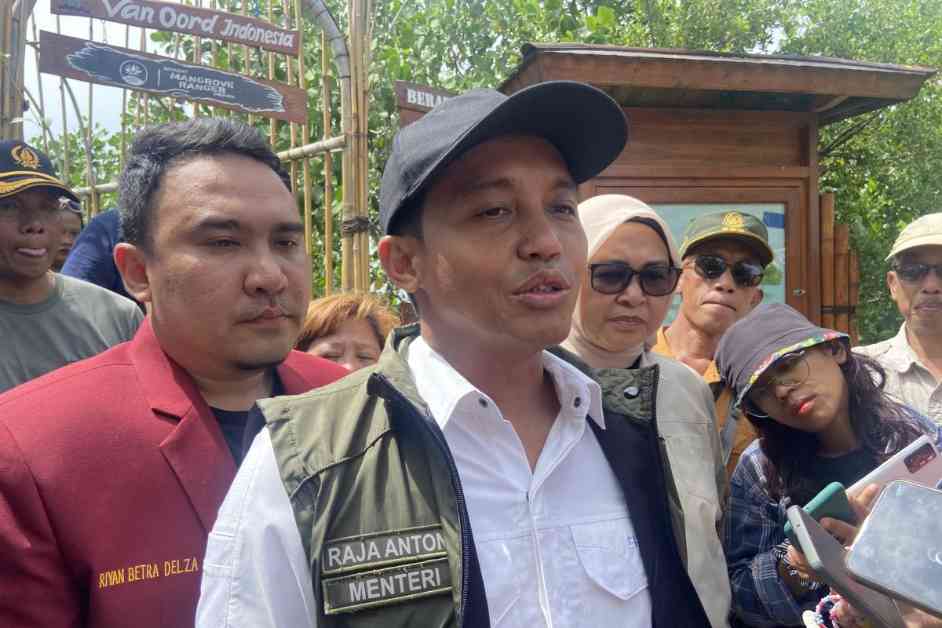Intercropping in Forests: Government Initiative for Food Security
Denpasar (ANTARA) – The government is taking a proactive stance in promoting the implementation of an intercropping agricultural system, known locally as tumpang sari, as a strategic move to utilize 20 million hectares of land for ensuring food, water, and energy security.
Forestry Minister Raja Juli Antoni emphasized the significance of this initiative during a recent address, addressing concerns about the delicate balance between food self-sufficiency and environmental conservation in forested areas.
Maximizing Forest Functionality through Intercropping
Antoni outlined the government’s vision for maintaining 20.6 million hectares of forested land while harnessing the potential of these areas through the innovative intercropping system. This approach involves planting beneficial crops such as teak or sengon trees alongside upland rice or corn plantations, creating a sustainable synergy between forestry and agriculture.
By leveraging this method, the government aims to establish a regulatory framework that designates forests not only as biodiversity hotspots but also as vital reserves for food and water resources.
Achieving Food Self-Sufficiency and Environmental Conservation
Antoni highlighted the promising outcomes of intercropping, revealing that 1 million hectares of land could yield a substantial 3.5 million tons of rice under this system—equivalent to the nation’s rice imports. By integrating food production within forested areas, Indonesia can potentially eliminate the need for external rice imports, bolstering domestic agricultural autonomy.
Furthermore, Antoni emphasized that this approach aligns with the overarching goal of enhancing food security without compromising forest integrity. By strategically planting dense trees and cultivating food crops beneath them, the government aims to mitigate deforestation while meeting the nutritional needs of the populace.
Collaborative Efforts towards Sustainable Agriculture
In collaboration with the Ministry of Agriculture, the Ministry of Forestry is slated to commence planting activities on 50 hectares of the targeted 20.6 million hectares of forested land on January 22, 2025. This joint endeavor signifies a concerted effort to integrate agricultural productivity with environmental preservation, setting a precedent for sustainable land use practices.
As Indonesia charts a course towards utilizing reserved forests for bolstering food and energy security, the government’s commitment to intercropping underscores a harmonious blend of conservation and development priorities.
With a clear focus on enhancing food self-sufficiency and safeguarding forest ecosystems, the implementation of intercropping heralds a promising future where environmental stewardship and agricultural innovation go hand in hand.






















